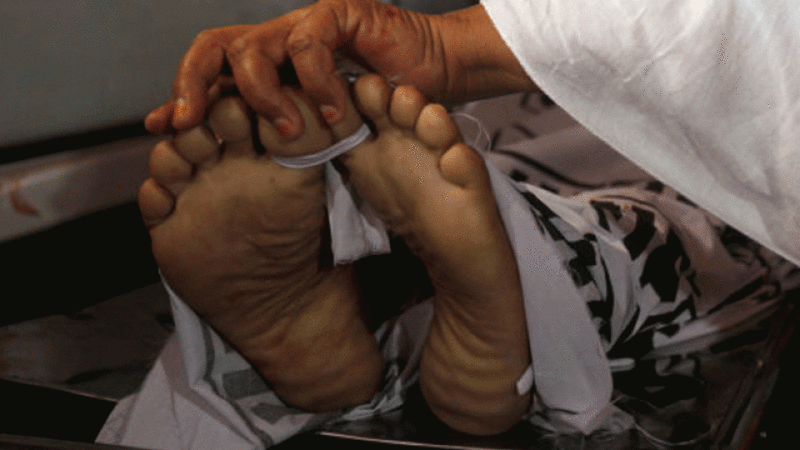
The Human Rights Commission of Pakistan (HRCP) said it was gravely alarmed that ignorance among women of their constitutional right to life and security, lack of access to women-centric police and other services, and entrenched practices such as involuntary watta satta [bride exchange] have yielded yet another victim—a young women named Waziran, a resident of the village of Wada Chhachar.
According to the statement issued by the rights watchdog, Waziran’s badly mutilated body was discovered dumped by the side of the Indus Highway on 28 June. She was apparently two months’ pregnant at the time of her death.
Thus far, three men have been arrested in connection with the crime. "HRCP has reason to believe that the act was one of revenge, possibly related to the practice of watta satta in her family."
HRCP was concerned to find that several village residents were inclined to dismiss the murder as an ‘accident’ or ‘suicide’ despite a post-mortem report indicating that the young woman had clearly suffered extensive trauma consistent with injury with both blunt and sharp objects. It is also a matter of concern that, apparently, the autopsy did not determine whether she had been sexually assaulted.
According to the statement, the HRCP urged the police and local authorities to undertake a thorough investigation and for the government to take immediate measures to set up women police desks staffed by trained police officers with full knowledge of the law and procedures, particularly from a human rights perspective.
"In the long term, it is imperative for communities to be sensitised to the sheer scale and incidence of violence against women in a systematic, effectual manner."
According to the statement issued by the rights watchdog, Waziran’s badly mutilated body was discovered dumped by the side of the Indus Highway on 28 June. She was apparently two months’ pregnant at the time of her death.
Thus far, three men have been arrested in connection with the crime. "HRCP has reason to believe that the act was one of revenge, possibly related to the practice of watta satta in her family."
HRCP was concerned to find that several village residents were inclined to dismiss the murder as an ‘accident’ or ‘suicide’ despite a post-mortem report indicating that the young woman had clearly suffered extensive trauma consistent with injury with both blunt and sharp objects. It is also a matter of concern that, apparently, the autopsy did not determine whether she had been sexually assaulted.
According to the statement, the HRCP urged the police and local authorities to undertake a thorough investigation and for the government to take immediate measures to set up women police desks staffed by trained police officers with full knowledge of the law and procedures, particularly from a human rights perspective.
"In the long term, it is imperative for communities to be sensitised to the sheer scale and incidence of violence against women in a systematic, effectual manner."
